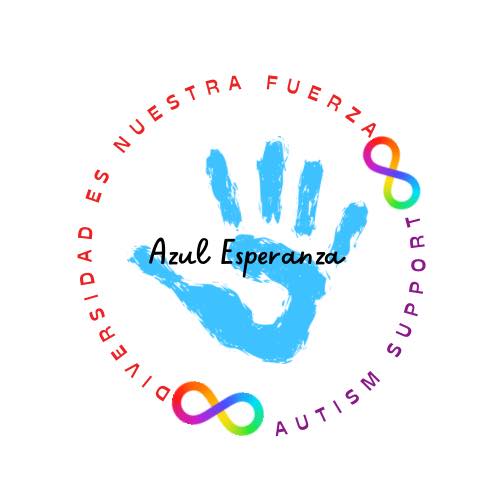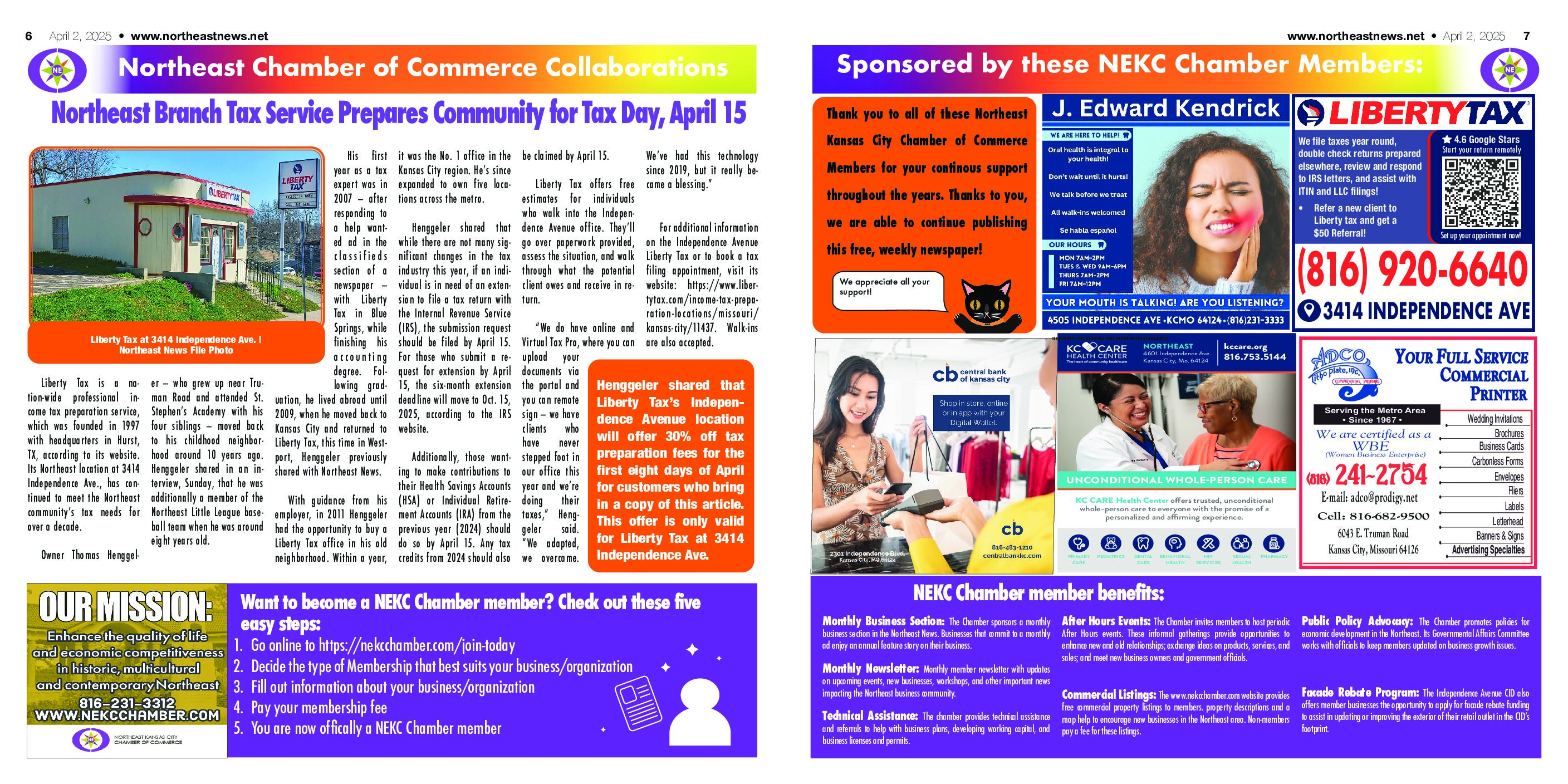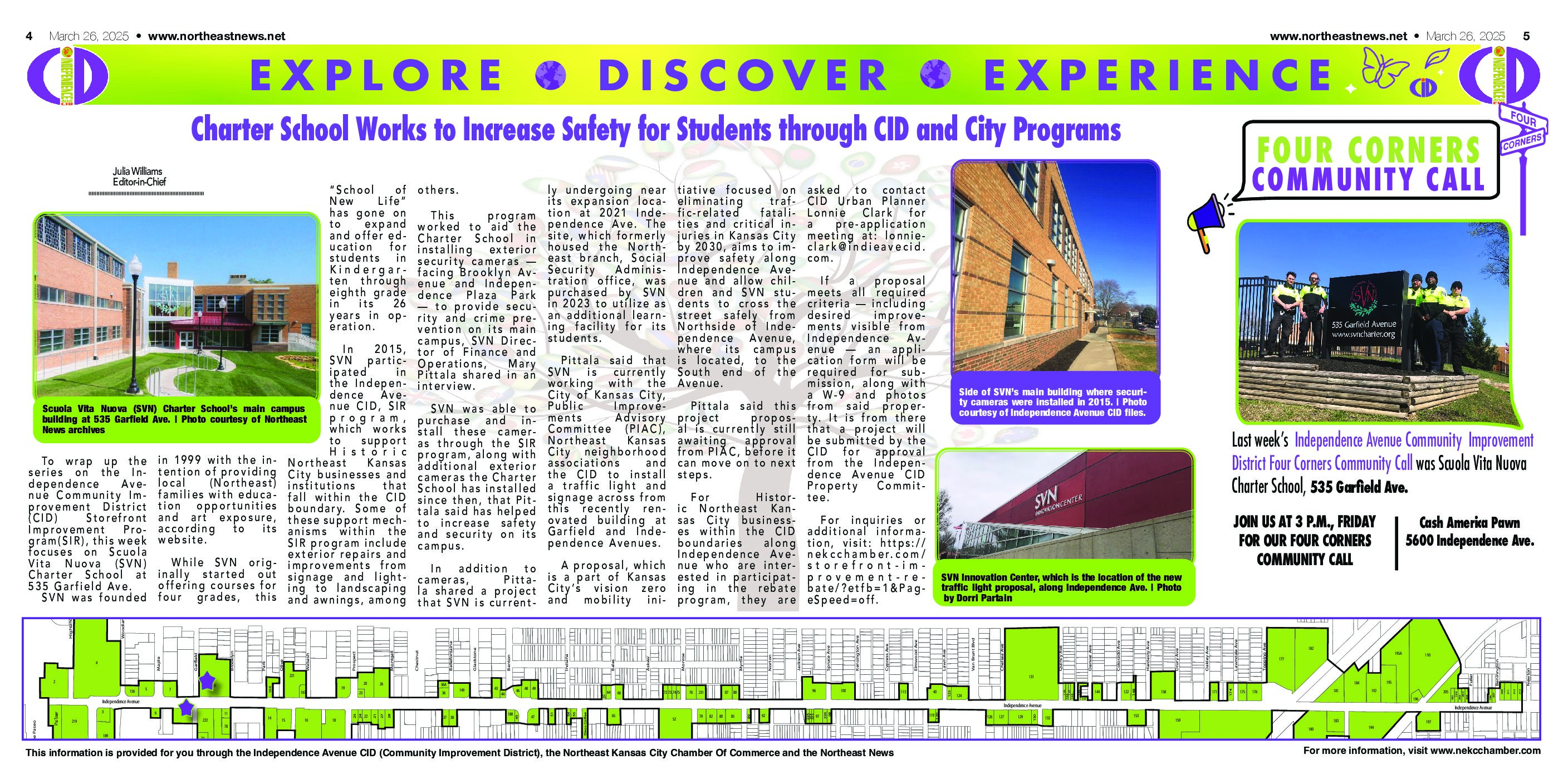
Emily Wheeler
Editorial Assistant
As the election season unfolds, confidence in media coverage continues to wane — raising concerns regarding accuracy and bias. This growing skepticism highlights the urgent need for media literacy — empowering voters to discern fact from fiction in an increasingly polarized information landscape.
Elections are the pinnacle of democratic engagement and the ultimate test for media organizations to accurately cover ballot issues entirely.
The upcoming election is a catalyst for conversation regarding public perception of media organizations and news credibility across all platforms.
The current polarization of the political climate has only intensified existing political divisions, leaving a noticeable decline in trust and confidence in the media among voters.
Surveys in recent years show a troubling trend: public confidence in media outlets continues to weaken, even more so during election cycles.
Only 31% of Americans express a “great deal” or “fair amount” of confidence in the media to report the news “fully, accurately and fairly,” According to an October 2024 survey by Gallup.
Washington Post-Schar School polling in six swing states found that 7 in 10 voters don’t trust the media to report on politics accurately and fairly. While Missouri is no longer considered a swing state, that does not mean voters feel secure in their news sources.
Many Americans perceive different media organizations as politically partisan to one side or the other — leading to accusations of bias directed at outlets across the spectrum. Election season only highlights the public’s perception of this bias. Is this why the public is starting to go to less traditional forms of media to get their news?
With so many different sources and modalities to receive information, distinguishing fact from fiction is becoming increasingly difficult. It is ultimately each individual’s responsibility to question the information they consume.
The Center for Media Literacy defines media literacy as “the ability to access, analyze, evaluate and create media in a variety of forms.” When preparing for November’s ballot, it’s essential to base your choices on solid facts rather than just the loudest opinions.
How can we as productive members of society educate ourselves on political topics if it is unclear whether what we read is fact or false? The challenge is overcoming the noise of misinformation and the perception of bias. The importance lies in the general public’s ability to discern credible news from not — especially in the media craze of the election cycle.
Facebook, X and TikTok platforms are becoming most people’s sources for news. However, sites like this lack regulated editorial standards, which are often set up for media publishing outlets such as newspapers, radio and television. Misinformation can be published and widely circulated on social media platforms before being identified and removed.
Nothing is stopping a random Joe on Facebook from feeding you his bias or even false information while claiming to be an expert in the matter.
We are seeing a trend of voters relying on short-form news to educate themselves on political topics. However, why rely on platforms that aren’t designed as news sources? Social media platforms often prioritize short-form content that grabs the attention of those scrolling by. Engagement with content is far more valuable to those corporations than sharing factual content.
This isn’t a critique of modern news media as a whole. In fact, social media offers a direct connection between citizens and their government representatives, and it showcases a variety of perspectives on issues that might not directly impact you. Its accessibility makes it easier for many people to seek information.
However, if Facebook is your primary news source, it’s crucial to take responsibility as an engaged voter. Always question the credibility of the information you encounter. In a world where anyone can deem themselves a “journalist” or “expert,” media literacy in the general public has become vital in creating a knowledgeable general public.
I urge you to challenge your predisposed beliefs. Avoid confirmation bias or motivated reasoning, that is, seeking out information, which confirms prior beliefs and desired conclusions rather than an accurate one. When educating yourself on candidates and amendments, challenge yourself to find multiple sources on the topic, rather than relying on a single interview or article.
A well-informed electorate is essential for democracy to function effectively. The electorate’s relationship with the media remains critical to continuing to provide voters with accurate information. Media must demonstrate a commitment to truth and integrity. Addressing public concerns and prioritizing diverse perspectives could be the step toward reminding public trust. Media organizations must strive to offer transparency, offering audiences insight into its reporting processes and sourcing.
Modern newscasts such as podcasts have experienced a rise in popularity as news sources. Podcasts open to the public are the direct work of a journalist. I chose to do an ‘exit’ interview of sorts with the outgoing District 19 State Representative because it was just as transparent as you can get. Listeners of Northeast Newscast 350 can hear Rep. Burnett’s direct response — not just my summation of what she said through a written article. There is no filter between what she said into the mic and what the final product was — you get her words exactly as they come out of her mouth.
Trust in media is often linked to representation. Community news outlets have the ability to highlight a variety of perspectives on local ballot issues, helping marginalized voices feel heard. This inclusivity can increase overall trust in media, as their concerns are reflected in coverage.
Community news outlets such as the Northeast News build long-term relationships with audiences. Most of the staff live in the area and represent the voices of neighbors and community members — making the Northeast News a platform to address issues and concerns within the community.
Before you vote on Nov. 5, do your research on what/who you are voting for. Ask yourself if the information you are receiving can be backed by factual evidence. Is there only one side of the argument debated? Explore the motivation and methods of political messaging. Is this a consensus that is shared across platforms/media outlets? If you aren’t sure, utilize fact-checking websites.


















